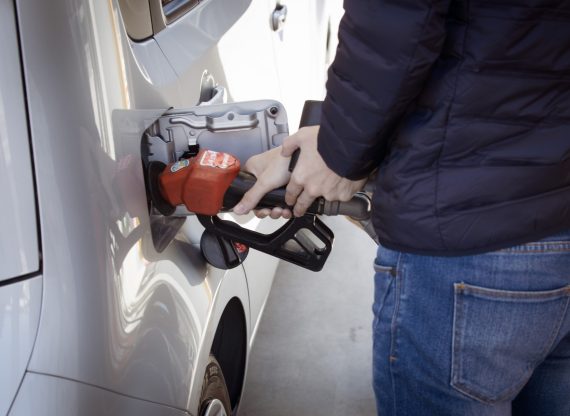Canada needs Enbridge’s Line 5

Given Prime Minister Justin Trudeau’s lack of leadership on economic issues, and the new administration south of the border, I can’t help but worry about the rise of protectionism between Canada and the United States and the negative impact this will have on our respective economies. Recently, it’s been the energy sector’s turn to suffer the consequences of this outdated economic vision, with the cancellation of the Keystone XL pipeline expansion project.
And as if there weren’t enough trade disputes between our two countries, the governor of Michigan is still promising to shut down Enbridge’s Line 5, which transports fuel from Western Canada through the U.S. Great Lakes states to Ontario and Quebec. This decision could be catastrophic for these two provinces, including significant costs for consumers.
Some might wonder how the closure of a simple pipeline transporting oil and natural gas could have such an effect on our economies. In fact, this pipeline supplies around half of the crude oil needs of Quebec and Ontario, and 55% of Michigan’s natural gas needs. It is also responsible for supplying all the kerosene used at Toronto’s Pearson International Airport. Over 500,000 barrels of oil and liquid natural gas flow through this pipeline each day. Without it, gas prices at the pump in our provinces could jump dramatically.
The governor of Michigan, however, seems to be ignoring these economic facts, focusing instead on environmental and safety reasons to justify her threats.
And yet, this pipeline has had no spills in 65 years, and it is monitored 24 hours a day, 7 days a week by Enbridge experts. This is one of the reasons the Ford and Legault governments have asked the Michigan governor to reverse her decision, which is based more on ideology than facts.
We must not forget that if Line 5 is really shut down, we will still need to use oil and natural gas. We could therefore find ourselves having to import these fuels by ship, truck, or train. The thing is, pipelines are both the safest means of transport and the most ecological, emitting between 61% and 77% fewer GHGs than rail transport, for instance.
For a Return to Good Trade Relations
Whether we’re talking about trade disputes surrounding Enbridge’s Line 5, Keystone XL, softwood lumber, or the manufacturing sector, these difficulties seriously hinder economic growth in both our countries. During a crisis that is hitting our companies hard, we should do everything in our power to promote and defend a better bilateral trade relationship.
There was a time, toward the end of the 1970s, when U.S. President Jimmy Carter and Canadian Prime Minister Pierre Trudeau had signed a treaty aiming to eliminate political interference in projects related to the two countries’ energy security. What has happened since then to bring us the cancellation not only of future projects, but also of existing ones that have proven their value?
We need to reassert the importance of our energy sectors and of good trade relations between our two countries, which have after all been loyal partners for so many years. No politicians should, without extremely serious and well-founded reasons, be able to interfere so much with projects that are the lifeblood of so many families and that ensure the well-being of multitudes of consumers. In short, it is high time for our policy-makers to re-examine their priorities.
Miguel Ouellette est directeur des opérations et économiste à l’IEDM. Il est l’auteur de « Le Canada doit revoir sa stratégie en matière d’oléoducs » et signe ce texte à titre personnel.
Photo by sippakorn yamkasikorn on Unsplash

